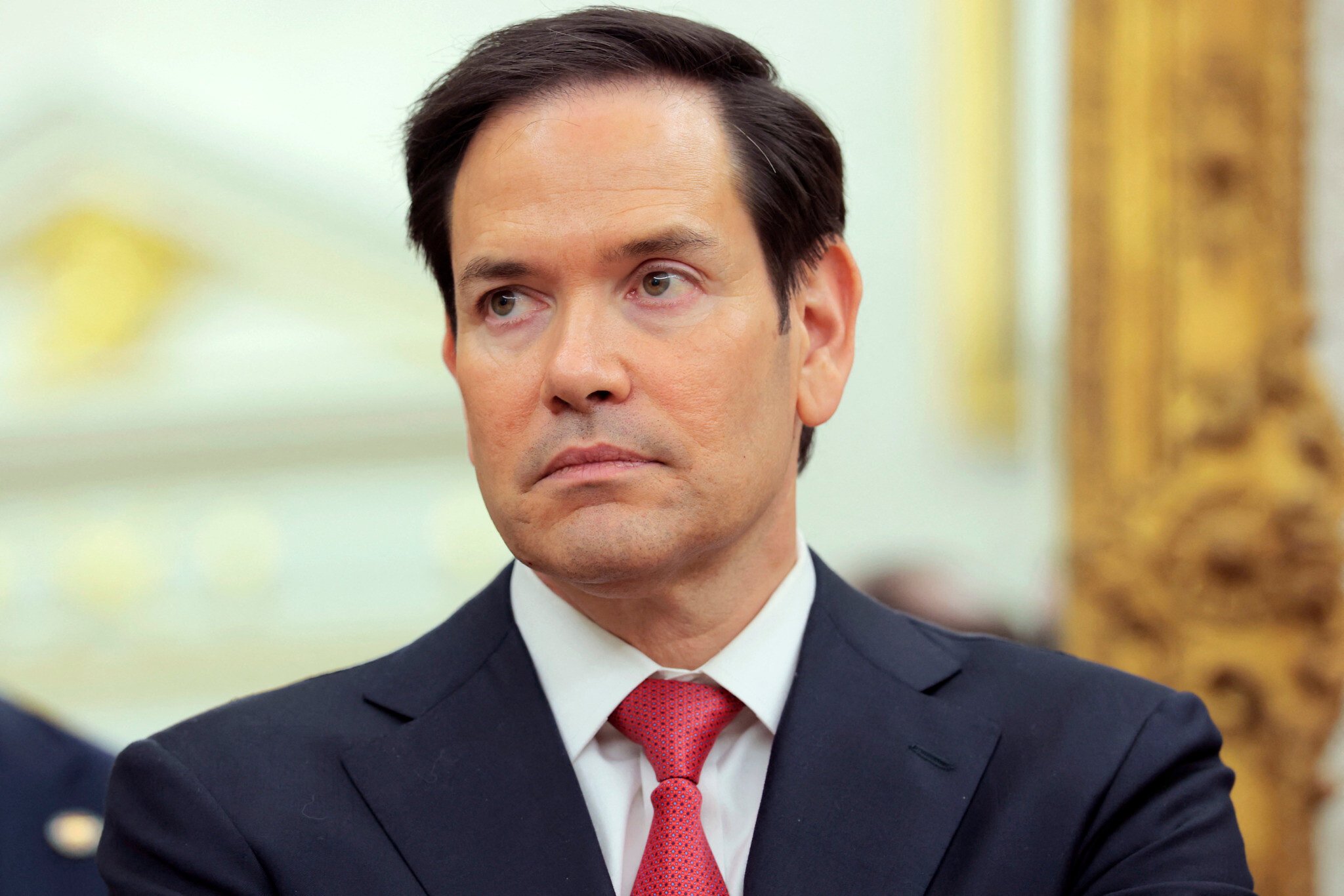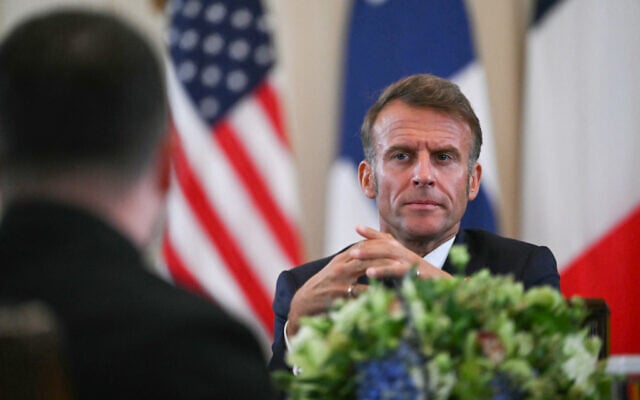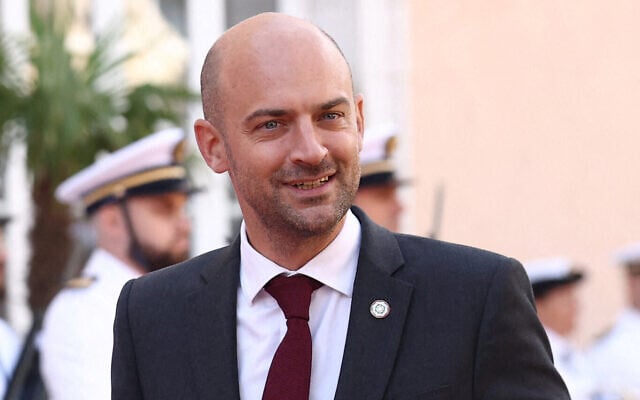


US Secretary of State Marco Rubio on Thursday criticized France and other countries moving to recognize a Palestinian state, saying he warned them Israel may respond by annexing the West Bank.
Rubio declined to join global condemnation of efforts by members of the Israeli government to annex the West Bank in hopes of ending prospects of an independent Palestinian state.
“What you’re seeing with the West Bank and the annexation, that’s not a final thing — that’s something being discussed among some elements of Israeli politics. I’m not going to opine on that today,” Rubio told reporters in Ecuador.
“What I am going to tell you is it was wholly predictable,” he said.
“We told all these countries before they went out and they did this… there wasn’t going to be a Palestinian state, because that’s not the way a Palestinian state is going to happen, because they have a press conference somewhere.
“We told them that it would lead to these sort of reciprocal actions and it would make a ceasefire [in Gaza] harder,” Rubio said.
He also repeated his charge that the push to elevate the Palestinian Authority, which is based in the West Bank, emboldened rival Hamas in Gaza.
“The minute — the day — that the French announced the thing they did, that day, Hamas walked away from the negotiating table,” Rubio said.
Arab diplomats have disputed this to The Times of Israel, explaining that Hamas had submitted a position that day — which was rejected by Israel and the US — several hours before the declaration out of Paris.
French President Emmanuel Macron has called a UN summit for September 22 where he will recognize a Palestinian state, voicing exasperation at the dire humanitarian situation in the Strip and what he sees as Israeli intransigence.
On Wednesday, Israel’s far-right Finance Minister Bezalel Smotrich called for annexation of swaths of the West Bank with an aim to “bury the idea of a Palestinian state” after countries including Belgium, Canada and Australia joined the French push on statehood.
The United Arab Emirates — which took the landmark step of normalizing relations with Israel in 2020 in the so-called Abraham Accords — quickly warned that annexation was a “red line” that would “severely undermine” the agreement, seen by both US President Donald Trump and Israeli Prime Minister Benjamin Netanyahu as a legacy-defining achievement.
Foreign Minister Gideon Sa’ar on Thursday urged his French counterpart to withdraw Paris’s planned unilateral recognition of Palestinian statehood this month, telling him that Macron will not be welcome to visit Israel so long as the move remains on the agenda.
In a phone call, Israel’s top diplomat called on French Foreign Minister Jean-Noel Barrot “to reconsider France’s initiative to recognize a ‘Palestinian state,’ stating that the French initiative undermines stability in the Middle East and harms Israel’s national and security interests,” according to a statement from Sa’ar’s office.
“Israel seeks good relations with France, but France must respect Israel’s position when it comes to matters essential to its security and future,” Sa’ar stressed during the conversation.
On Wednesday night, Kan news reported that Netanyahu conditioned a request by Macron to visit on France scrapping the recognition initiative — a demand the French president rejected.
Israel has been under mounting pressure to wrap up its campaign in Gaza, where the war — which began with the Hamas-led October 7, 2023, massacre in southern communities — has created a humanitarian crisis and devastated much of the territory.
Amid the mounting criticism, Macron announced that France would formally recognize a Palestinian state during a UN meeting in September. Many Western nations have followed in Paris’s footsteps.
Netanyahu told “Abu Ali Express,” a popular account on the Telegram messaging app, during an interview Thursday that such moves contradicted agreements between Israel and the Palestinian Liberation Organization, which determined that disputed issues would be solved through negotiation.
“But if they take unilateral steps against us, don’t be surprised if we take unilateral steps as well. What we will do exactly, I won’t reveal here,” he said.



